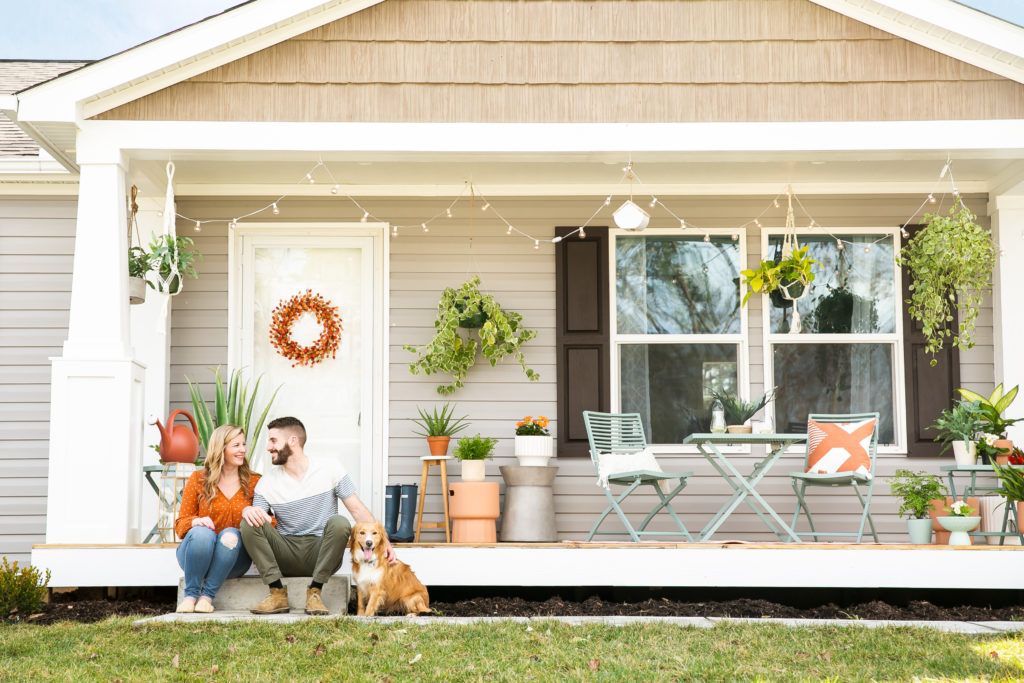Photo: a CrossMod manufactured home from Clayton Homes.
The FWD #173 • 552 Words
Buyers are feeling more positive about manufactured homes, but challenges remain.
When you think of a manufactured home, what comes to mind? If you’re over 60, your first image may still be the single-wide mobile homes of yesteryear, but younger generations are increasingly seeing diverse and stylish opportunities.
According to a survey from Freddie Mac released earlier this summer, 77% of those familiar with manufactured homes expressed a positive sentiment, describing them as “new,” “efficient,” “affordable” and “easy.”
Is this to be expected when we can now stream more than 80 episodes of Tiny House Nation at our leisure? Putting aside the major distinctions between a true manufactured home and a “tiny” home for now, let’s take a look at the breakdown of findings from the survey and how they can connect to other affordable housing goals and initiatives in Virginia.
- Millennials (generally defined as those born between 1981 and 1996) are the generation most likely to consider purchasing a manufactured home, with 68% of those surveyed responding positively. But over 60% of Gen X ( born ‘65 – ‘80) and Gen Z (born ‘97 – ‘12) respondents also said they were likely to consider a manufactured home.
- Black homeowners are more likely to consider purchasing a manufactured home compared to other racial groups (66%).
- Urban manufactured homes have the highest level of interest: More than 7 in 10 current urbanites feel that manufactured housing allows for a wide range of customization, is versatile enough to meet various families’ needs, and is affordable without compromising on quality.
- The level of familiarity with manufactured homes and their lending and purchasing process is a major factor in likelihood of purchase.
Although there are opportunities and interest in developing more manufactured housing options for key segments of the population, including young urbanites of color, barriers remain. Manufactured homes are the most common source of unsubsidized affordable housing in the United States but financing them can be difficult, particularly for borrowers who do not own the underlying land.
Furthermore, due to zoning restrictions, the number of manufactured homes shipped remains low. Zoning regulations in many jurisdictions outright prohibit manufactured housing, whether in manufactured housing communities or on privately owned lots. Even when permitted, manufactured homes frequently face additional restrictions, such as minimum lot sizes greater than those required for site-built homes, or special permitting, which adds costs and delays that effectively prohibit their use as an affordable option.
$108,100
Average price of a manufactured home
$355,000
Median single-family home sale price in Virginia
Sources: Virginia REALTORS, Manufactured Housing Institute 2022
While interest in improving the access and quantity of new manufactured homes is high, the Census Household Pulse Survey shows that the existing inventory of older homes (including many built pre-1976) are largely inhabited by cost-burdened seniors.
In the HB854 Statewide Housing Study, these manufactured homes were identified as some of the worst quality and least energy efficient homes in the state. Statewide rehabilitation programs can help replace severely deteriorated homes, or repair and weatherize those that are still livable to preserve existing supply.
Despite being a small share of total housing production (accounting for just 9 percent of single-family starts in 2021), manufactured housing plays a dominant role in the low-price segment of the market. A meaningful supply of manufactured homes can be added to the affordable housing supply in the coming years with the right combination of zoning reforms, rehabilitation, and financing improvements, helping both new and existing homeowners.
